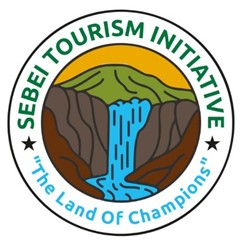⦁ Tourism Infrastructure Development:
⦁ Improve key tourist access points such as roads, walking trails, scenic view points and eco-friendly accommodations near popular tourist sites especially the falls and caves.
⦁ Install interpretive signage at cultural and historical sites, providing visitors with educational information about the significance of these locations.
⦁ Sustainable Tourism Training and Awareness Campaigns:
⦁ Conduct workshops and seminars for local businesses, tour operators, and communities on sustainable tourism practices and eco-friendly business models.
⦁ Launch a public awareness campaign to educate tourists and local stakeholders on the importance of tourism and environmental protection.
⦁ Eco-tourism/Cultural Preservation Initiatives:
⦁ Collaborate with local artists, historians, and community leaders to document and promote traditional cultural practices and heritage sites.
⦁ Develop community-led cultural festivals and events that attract tourists while ensuring that local traditions are preserved and celebrated.
⦁ Community-Based Tourism Support:
⦁ Provide technical and financial support to local entrepreneurs interested in starting tourism-related businesses, such as guesthouses, restaurants, or handicraft shops.
⦁ Organize capacity-building workshops to help local communities improve their hospitality skills and develop high-quality tourism products.
⦁ Digital Marketing and Promotion:
⦁ Create an online platform featuring the region’s tourism offerings, including cultural experiences, eco-tours, and accommodation options.
⦁ Partner with travel influencers, tourism agencies, and social media platforms to promote the region as a must-visit destination for eco-conscious and culturally curious travelers
